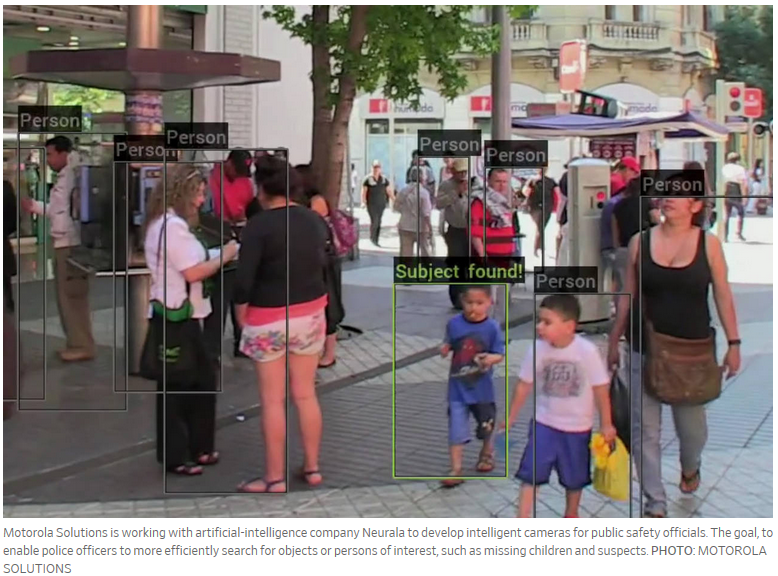Personal privacy and protections against warrantless searches got a boost from the Supreme Court earlier this week.
The Supreme Court said Tuesday that police need a warrant to search vehicles parked at private homes, the second time this month the justices rejected government arguments for expanding the “automobile exception” to Fourth Amendment rules against unreasonable searches.
The case at hand involved a stolen motorcycle parked in the driveway of a private residence and protected from the elements (and perhaps (even probably) from being seen by police) by a tarp. A police officer recognized from Facebook postings the residence, saw the fact of a motorcycle under the tarp, entered the property, lifted the tarp, and looked over the motorcycle—all without a warrant.
Writing for the Court in an 8-1 decision, Justice Sonya Sotomayor wrote
Just like the front porch, side garden or area “outside the front window,” the driveway enclosure where Officer [David] Rhodes searched the motorcycle constitutes [the area where] activity of home life extends….
And
Given the centrality of the Fourth Amendment interest in the home and its curtilage and the disconnect between that interest and the justifications behind the automobile exception, we decline Virginia’s invitation to extend the automobile exception to permit a warrantless intrusion on a home or its curtilage[.]
Justice Samuel Alito was the lone dissenter.
…the officer should have been permitted to search the motorcycle visible in the driveway, just as he could have were it parked in a public street. “Officer Rhodes’s brief walk up the driveway impaired no real privacy interests,” he wrote.
Surprising out of Alito; it seems he doesn’t completely understand curtilage or of privacy. Notwithstanding, I’d further curtail the motor vehicle exception* allowing warrantless searches to bar such from motor vehicles parked on the street in front of the vehicle owner’s residence (or beside it in the case of a corner lot) or parked in an apartment complex’s parking lot near the vehicle owner’s apartment or in the apartment renter’s designated parking slot.
*The motor vehicle exception to the requirement for search warrants allows warrantless searches based on a prohibition era ruling that motor vehicles were too mobile and could be moved before a warrant could be obtained. That ruling was itself erroneous IMNSHO because it assumed that the police were incapable of keeping a motor vehicle under surveillance until the warrant arrived.

